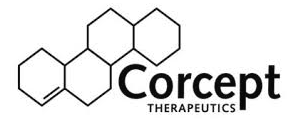TSH (Thyroid Stimulating Hormone) Secreting Tumors
These tumors represent only about 1-2% of all pituitary adenomas that are surgically removed. They typically cause excessive thyroid hormone production (hyperthyroidism). Because many patients first have thyroid treatment of some sort, these pituitary tumors are often aggressive and invasive in their growth pattern. Most patients who have not had prior anti-thyroid therapy will have an elevated thyroxine (T4) and a markedly elevated TSH level. MRI and CT of the pituitary without and with contrast agents typically demonstrate the adenoma. First line therapy is transsphenoidal removal. Invasive and very large tumors may require additional therapy including thyroid ablation along with pituitary radiation therapy, preferably with stereotactic radiation.






